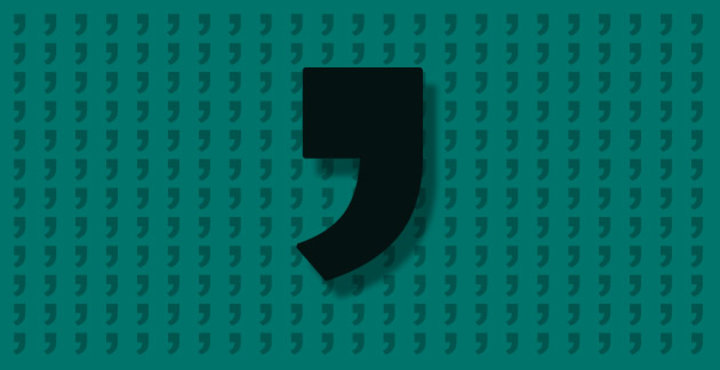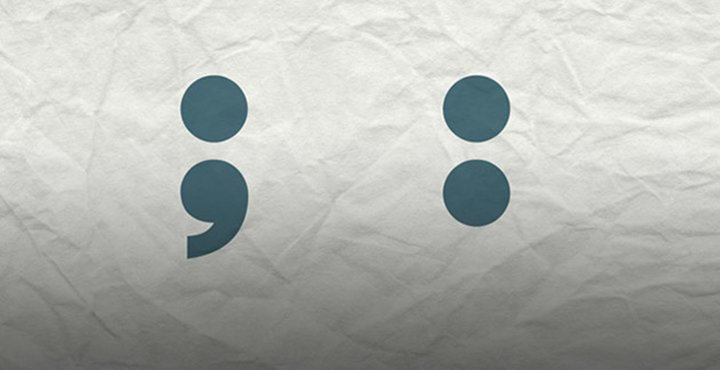
Editing or Proofreading?
It's common for many people, including business professionals and first-time Scribendi.com clients, to be a bit unclear about the differences between editing and proofreading.
Hyphenation: Are You Confused?
Are hyphens causing havoc in your humanities papers? Have dashes destroyed your dissertation? Don't let punctuation puzzle you any longer; we are here to help.
10 Reasons to Hire a Professional Editor
Good writing comes from good editing. A professional editor does more than correct mistakes; they can help you turn lead into gold! The following are 10 reasons to hire a professional editor.
Active and Passive Voice
Are you unsure whether to use the active of passive voice? Our editors explain why using the active voice will make your academic papers stronger.
Making Comparisons
This is the second in a series of articles addressing several common grammatical issues. This article explains phantom or one-sided comparisons, which might be the most prevalent issue of all, particularly in academic papers.
The Wandering Only
In this article, we discuss what we call the wandering or misplaced "only," which, although common and usually understood in everyday casual speech, is often confusing and has no place in formal or academic writing.
What is a Comma?
The comma is the most important punctuation mark for ensuring clarity in a sentence, but it is often incorrectly used. Follow our helpful comma rules to ensure you are using commas correctly.
Using Commas
In our earlier article we learned that commas remove ambiguity and ensure that the reader understands the meaning the author wants to convey. Let's continue looking at some additional grammatical constructions that call for comma usage.
Understanding Punctuation
Words are words and those annoying little punctuation marks can't be that important...can they? Scribendi's editors offer solutions to common punctuation errors.
The Semicolon and Colon
Check out our free advice on two tricky punctuation marks: the semicolon and colon.





_848x370.jpg)





